New Eastern Europe 1/2017 Praca zbiorowa
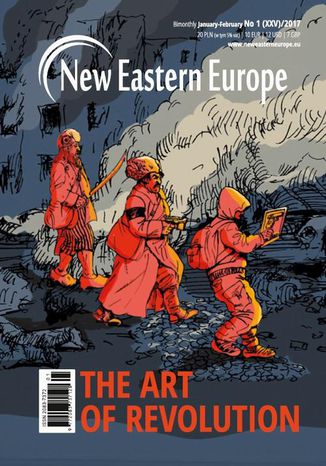

- Autor:
- Praca zbiorowa
- Wydawnictwo:
- Kolegium Europy Wschodniej
- Ocena:
- Stron:
- 204
- Dostępny format:
-
PDF
Opis
książki
:
New Eastern Europe 1/2017
Wybrane bestsellery
Praca zbiorowa - pozostałe książki
Kolegium Europy Wschodniej - inne książki
Dzięki opcji "Druk na żądanie" do sprzedaży wracają tytuły Grupy Helion, które cieszyły sie dużym zainteresowaniem, a których nakład został wyprzedany.
Dla naszych Czytelników wydrukowaliśmy dodatkową pulę egzemplarzy w technice druku cyfrowego.
Co powinieneś wiedzieć o usłudze "Druk na żądanie":
- usługa obejmuje tylko widoczną poniżej listę tytułów, którą na bieżąco aktualizujemy;
- cena książki może być wyższa od początkowej ceny detalicznej, co jest spowodowane kosztami druku cyfrowego (wyższymi niż koszty tradycyjnego druku offsetowego). Obowiązująca cena jest zawsze podawana na stronie WWW książki;
- zawartość książki wraz z dodatkami (płyta CD, DVD) odpowiada jej pierwotnemu wydaniu i jest w pełni komplementarna;
- usługa nie obejmuje książek w kolorze.
Masz pytanie o konkretny tytuł? Napisz do nas: sklep@ebookpoint.pl
Książka drukowana


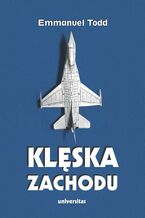
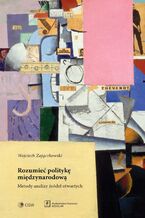
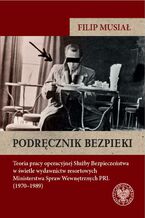
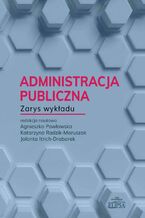

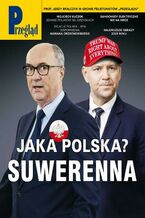

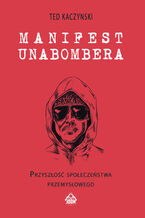

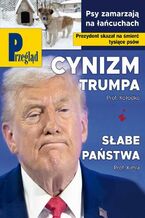
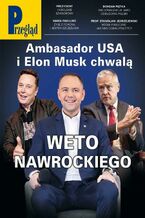
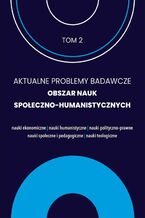
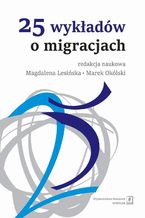
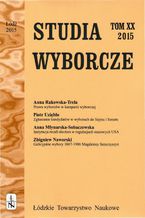
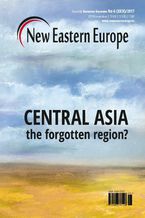

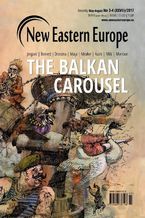
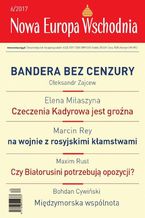
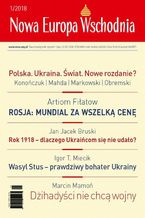
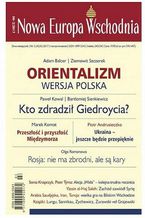
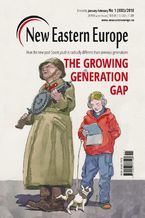
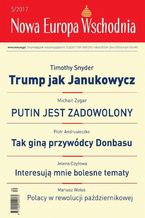







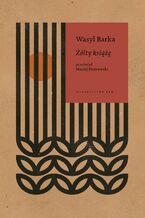

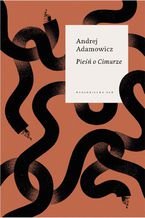

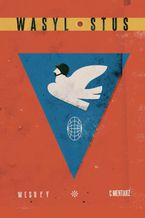
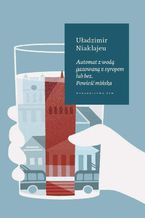
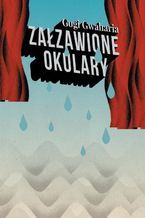
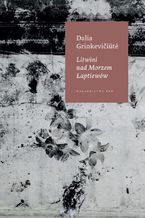
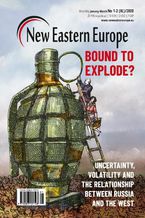
Oceny i opinie klientów: New Eastern Europe 1/2017 Praca zbiorowa
(0)